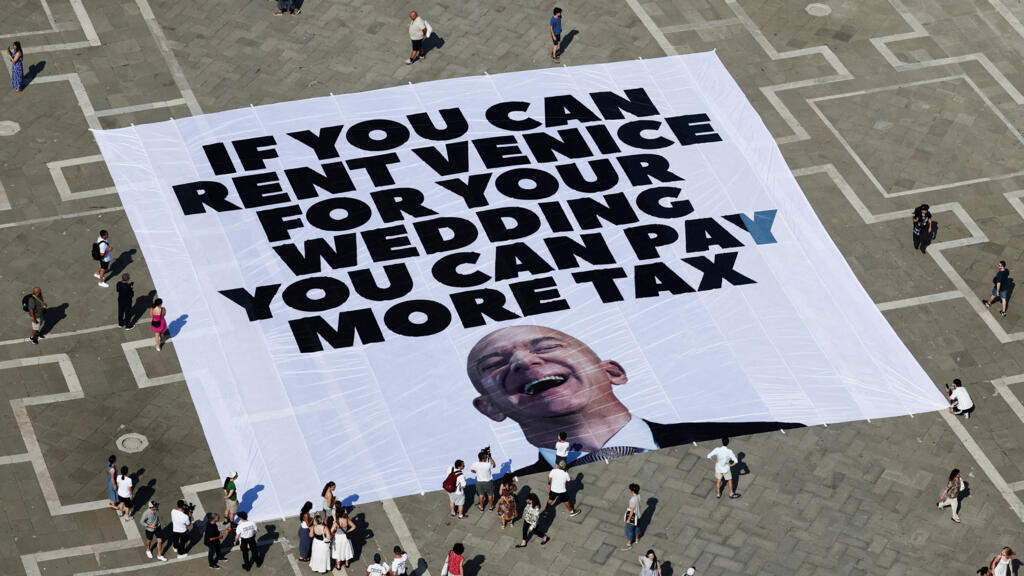On Wednesday, Hungary's government issued a stark warning to its European Union allies regarding their participation in a Pride march recently authorized by Budapest's mayor. This event has drawn controversy as it comes amid a wider crackdown on LGBTQ rights under Prime Minister Viktor Orbán's administration. While the mayor of Budapest, who is from the opposition party, has given the green light for the march, the police have officially banned it, leading to heightened tensions between local governance and governmental laws.
The backdrop to this situation lies in Hungary's increasingly conservative stance on LGBTQ issues, which has been reinforced by measures implemented by Viktor Orbán's government over recent years. These measures have often included new legislation that restricts the rights and visibility of LGBTQ communities, drawing significant criticism from both domestic and international advocacy groups. The Prime Minister's party, Fidesz, has been accused of using LGBTQ rights as a political tool to rally conservative support among its base.
This tension came to a head when the mayor of Budapest decided to permit the Pride event, defying the government’s stance and seeking to promote inclusivity within the capital. The police, however, have intervened, citing security concerns and potential public safety issues as reasons for their ban on the parade. In response to this conflict, Hungary's government has cautioned foreign dignitaries and EU representatives against attending the Pride event, which could be interpreted as a bold reaffirmation of their oppositional stance on LGBTQ rights.
The potential participation of EU leaders in such an event poses a complex issue, as it highlights the broader divide between Hungary's emerging authoritarian policies and the EU's commitment to human rights. A number of EU states have expressed concern over Hungary's trajectory regarding civil liberties, particularly focusing on the rights of marginalized groups. Those in favor of LGBTQ rights within the EU have urged Hungary to comply with European standards and norms, which include upholding the dignity and rights of all individuals, regardless of sexual orientation.
As the situation unfolds, many are watching closely to see if foreign dignitaries will heed Hungary's warning or show solidarity with the LGBTQ community by attending the march. The decision to participate could carry significant diplomatic implications and further expose the ideological rift within the EU regarding social policies. Moreover, it raises questions about the future of Hungary's alignment with EU values, particularly as the bloc strives to promote equality and non-discrimination among its member states.
The developments in Budapest underline not only the internal conflict within Hungary regarding LGBTQ rights but also the challenges faced by the EU in dealing with member states that diverge from its foundational principles. As international observers and human rights advocates continue to monitor this evolving story, the implications of Budapest's Pride march resonate well beyond Hungary's borders, posing broader questions about the state of human rights within the EU and the ongoing struggle for equality across Europe.












